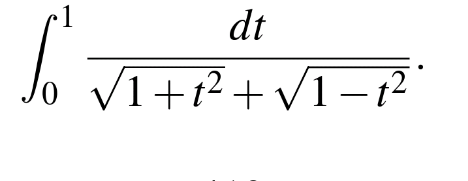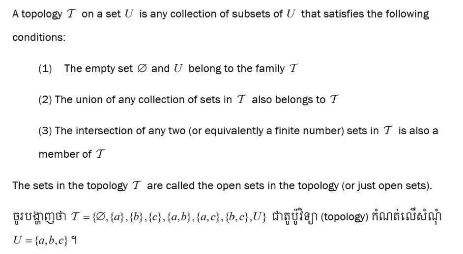
AllQuestion and Answers: Page 652
Question Number 154748 Answers: 1 Comments: 0

Question Number 154741 Answers: 0 Comments: 4
Question Number 154740 Answers: 1 Comments: 0
Question Number 154736 Answers: 1 Comments: 1

Question Number 154734 Answers: 1 Comments: 0
Question Number 154729 Answers: 0 Comments: 0

Question Number 154725 Answers: 1 Comments: 0
Question Number 154724 Answers: 0 Comments: 0

Question Number 154723 Answers: 0 Comments: 3
Question Number 154719 Answers: 1 Comments: 0
Question Number 154710 Answers: 0 Comments: 0
Question Number 154677 Answers: 1 Comments: 10
Question Number 154675 Answers: 1 Comments: 0
Question Number 154673 Answers: 0 Comments: 2
Question Number 154672 Answers: 1 Comments: 0
Question Number 154669 Answers: 2 Comments: 0

Question Number 154668 Answers: 1 Comments: 2
Question Number 154664 Answers: 0 Comments: 1

Question Number 154663 Answers: 0 Comments: 1

Question Number 154662 Answers: 0 Comments: 1

Question Number 154661 Answers: 1 Comments: 0

Question Number 154652 Answers: 1 Comments: 0
Question Number 154651 Answers: 1 Comments: 0
Question Number 154648 Answers: 0 Comments: 0

Question Number 154647 Answers: 1 Comments: 0
Question Number 154641 Answers: 2 Comments: 0
$$\int\frac{\mathrm{1}−\sqrt{{x}}}{\:\sqrt{\mathrm{1}−{x}}}{dx} \\ $$
Pg 647 Pg 648 Pg 649 Pg 650 Pg 651 Pg 652 Pg 653 Pg 654 Pg 655 Pg 656
